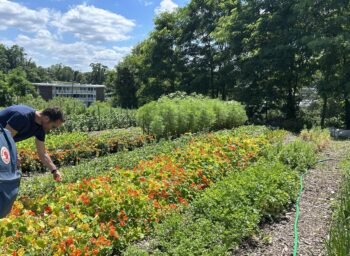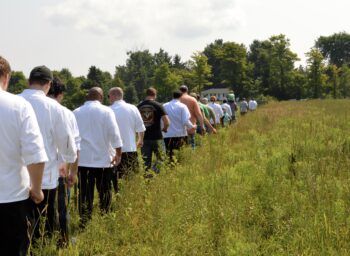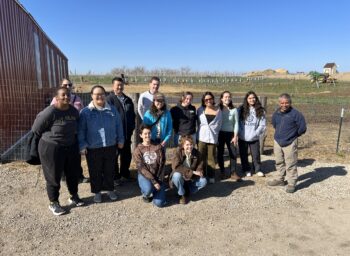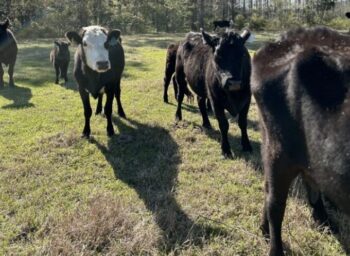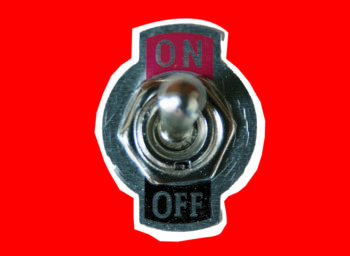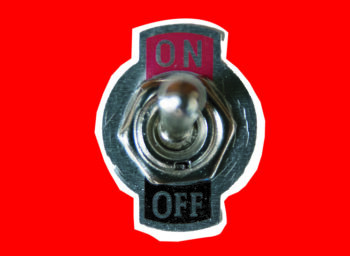Outside of Hood River, Oregon, fruit trees sprawl across acres and acres of bucolic landscape of the Columbia River Gorge. Sam Asai and his family have been tending their orchard here for generations.
Sam, whose grandparents emigrated from Japan in the early 20th century, owns and operates the orchard together with his family. Sam’s grandparents purchased some of the land that now makes up A&J’s acreage in the 1900s, raising their family and establishing their first fruit trees.
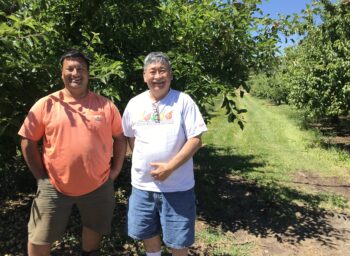
Farm to Fork Profile: A Generational Partnership with A&J Orchards
- Blog

